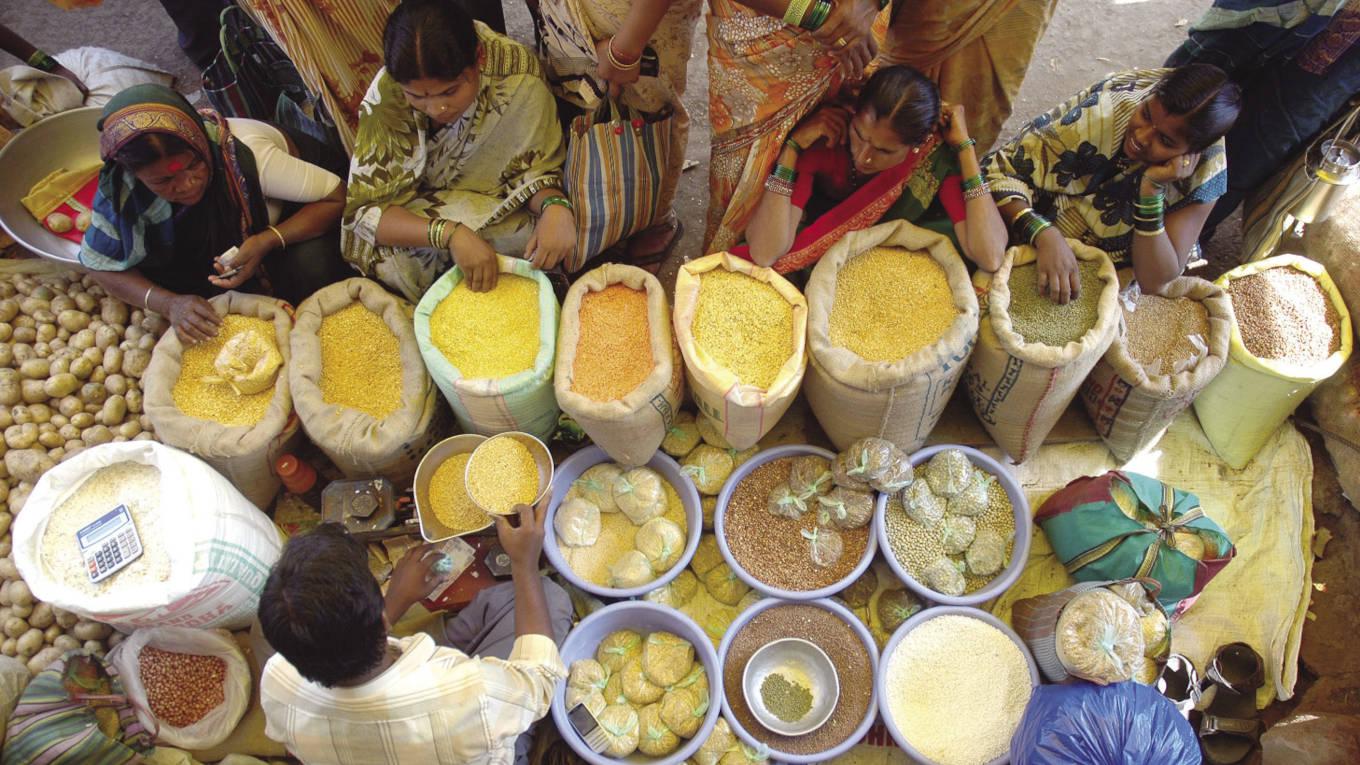The fear of El Nino, which can impede the southwest monsoon, has started playing on the minds of our policy planners. The summer rains are critical for robust kharif or summer-sown harvests, as slightly less than half the country’s sown area does not have access to irrigation. If the El Nino weather pattern manifests itself, pulses could be a casualty. High prices of pulses can extract a political price, as was evident during the Bihar assembly election in 2015. Politicians tried to pin the blame on their rivals. While Lalu Yadav, who had then teamed up with Nitish Kumar, blamed the BJP-led Centre, Union agriculture minister, Radha Mohan Singh, said the Nitish Kumar government did not utilise the special Central fund for price stabilisation. “The Central government wrote to several State governments, including Bihar, to take advantage of the Price Stabilising Fund. But the Nitish government ignored it for political reasons,” he said. Ultimately, Lalu’s campaign won the day. With the series of assembly elections followed by the general election due over the year, the BJP wants to insulate the party against such attacks. The government has begun preparations to impose caps on the quantity of two widely consumed variety of pulses – tur (pigeon pea) and urad (black gram) – that retail shops and traders are allowed to store. This will be done by invoking the Removal of Licensing Requirements, Stock Limits and Movement Restrictions on Specified Foodstuffs (Amendment) Order, 2023, specifying stock limits for wholesalers, retailers, supermarkets, millers and importers for the two commodities. Effect of poor monsoon The stock limits, for each pulse variety, will be 200 tonnes for wholesalers, while retailers can only maintain stocks of 5 tonnes at any given time. Supermarkets and big-chain retailers cannot stock more than 200 tonnes. Millers can stock a quantity equivalent to the previous 3 months of production or 25 per cent of annual installed capacity, whichever is higher. Importers cannot hold imported stock beyond 30 days from the date of customs clearance. The government is hoping that the stock limits, while improving affordability to consumers, will also help cool food inflation if it flares up again. Retail prices in pulses increased 5.28 per cent in April, against a 4.33 per cent climb in the preceding month, according to the latest available consumer inflation data released on 12 May. Overall, the consumer price index-based inflation rate stood at 4.7 per cent in April, an 18-month low, led by a fall in food prices. According to the third advance estimates of food production issued by the agriculture ministry, total pulse production during 2022-23 is estimated to be 27.5 million tonnes, which is higher by about 200,000 tonnes than the previous year’s output of 27.3 million tonnes. Still, the Centre has been tracking prices and availability of pulses after a reported drop in output in some varieties due to the patchy monsoon in 2022. “These two pulse varieties had shown a spike in inflation last year. This is a pre-emptive move to stop prices from rising during the summer months, especially in view of weather uncertainties,” said Abhishek Agrawal of Comtrade, a commodity trading firm. In May 2021, the Centre allowed duty-free imports of three pulses – tur, urad and moong – to ease the prices of lentils. The import policy measures had resulted in a substantial increase in imports of pulses, which augmented supplies and decreased prices.
-

High prices of pulses can extract a political price

































